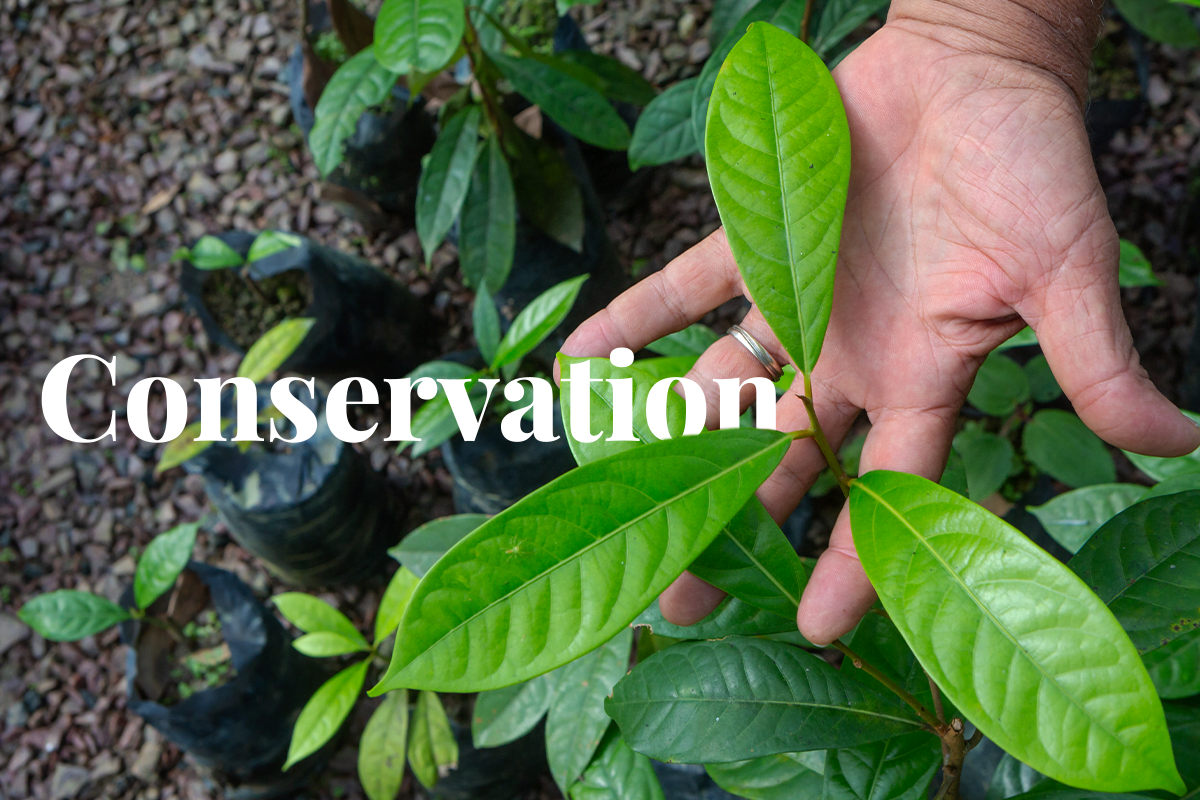The Biodiversity Credit Alliance (BCA) has significant potential to perform a crucial role to the cross-stakeholder Integrity Council for the Voluntary Carbon Market (IC-VCM).

According to speakers at the Corporate Investments in Forestry and Biodiversity Summit (CIFB) in New York, the BCA could provide clarity and integrity guidance to the nascent biodiversity credit market. The IC-VCM aims to identify key concepts and set limits for excellent carbon credits.
‘I think [the BCA] is going to be hugely valuable to bring everyone together and be able to have these dialogues going on about the different pieces, bringing some of that early trust to the market, even while we’re very much in the development phase’, said Sinclair Vincent, the head of standard body Verra’s forthcoming nature credit protocol.
The BCA was introduced last December at the United Nations Biodiversity Conference (COP15) in Montreal. It is also backed by the United Nations development and environment programmes (UNDP and UNEP), and the Swedish International Development Agency (SIDA).
The coalition includes conservation practitioners, academics, and other specialists, as well as a strong task force of biodiversity credit project creators and standard setters like Plan Vivo, Terrasos, and rePlanet.
Members of the BCA participate actively in working groups under the standard-setters protocol development, and the project aims to connect biodiversity opportunities with communities while ensuring underpinning science.
Make a positive impact on the environment
Speakers agreed that developing a cross-sector governance framework is an important lesson learned from the carbon space.
‘Our opportunity here is to reframe how we think about carbon, how we think about any of these ecological gains that come from these projects on the ground’, said Simon Morgan, member of BCA’s task force and co-founder of biodiversity credit developer ValueNature.
‘And with biodiversity often more tangible, communities and custodians understand biodiversity better than they might be able to understand carbon’, Morgan said, adding, ‘I think the opportunity here is community-driven projects.’
Biodiversity compensation is a concept that involves offsetting biodiversity loss by creating and restoring habitats. This can include reforestation, the creation of wetlands, and the preservation of existing natural areas.
DGB Group is helping to reduce the effects of deforestation. Our large-scale carbon projects benefit local communities by providing opportunities for sustainable economic development, such as sustainable forestry, and benefit the environment by restoring and conserving biodiversity.
Contact us to help with ecosystem restoration



